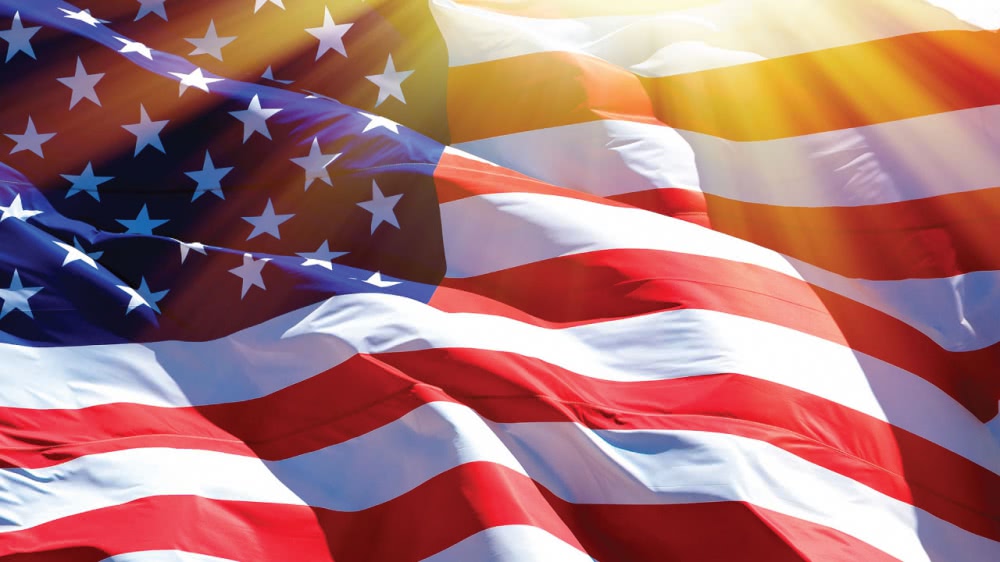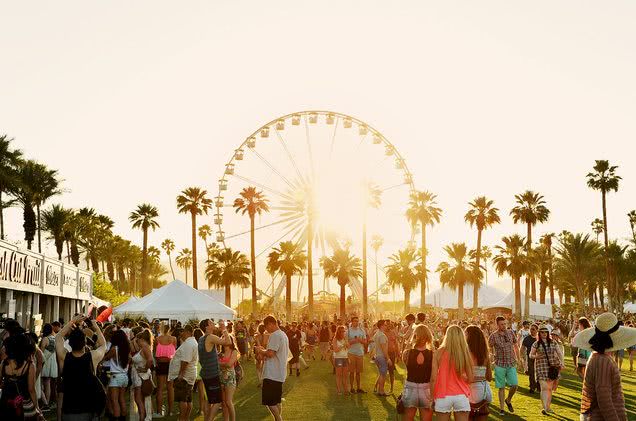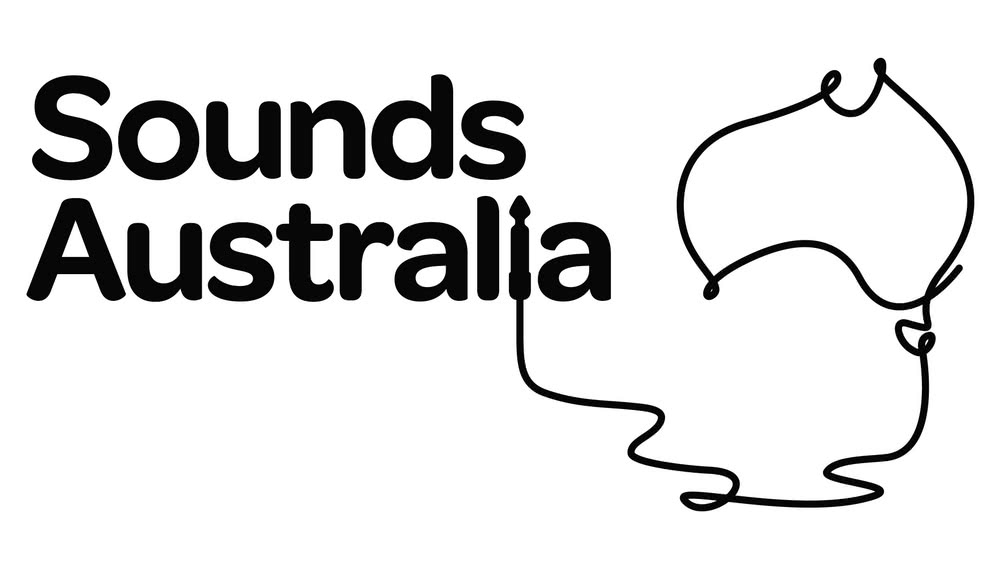U.S. hikes touring visas by 50%: ‘It’s quite the mess’

If you thought we’d experienced the bumpiest stage of 2020, buckle in.
The U.S. Department of Homeland Security has quietly hiked the price for U.S. visas by more than 50%, and tweaked some key conditions and timeframes.
The sharp increase will effect filing fees, including for O and P artist visas applications filed by U.S. not-for-profit arts organizations, and are due to come into effect from 2nd October.
Breaking it down, filing fees for O visa petitions will leap by 53% from US$460 to US$705 ($961) per petition and utilise a new Form I-129O. That’s down slightly from original proposal for a new fee of US$715.
Filing fees for P visa petitions will jump 51% from US$460 to US$695 ($947) per petition, utilizing a new Form I-129MISC. The original proposal was for new fee of US$705.

Coachella
Also, total number of individuals on a single petition will be capped at 25, and the Premium Processing Service — which carries an additional cost of US$1,440 ($1,964) — will now introduce a longer window to complete processing, from 15 calendar days to 15 business days.
It’s another unexpected kick in the teeth for Australian and New Zealand performers and their teams, at a time when the global heath pandemic has stripped away opportunities for generating cash from touring.
Acquiring requisite visas for playing in the U.S. was already a challenging and costly process.
Over time, U.S. visas have become more difficult, restrictive and more expensive to secure, explains Millie Millgate, Executive Producer of Sounds Australia, the local music community’s export body.

Sounds Australia
The $245 increase in fees is still not the real problem, Millgate tells TIO. “It’s the fees charged by lawyers — necessitated by the complexity of the process that is the problem, teamed with the fact that most visas applied for in the last year or so have been limited to the length of a singular tour and not for return activity over the course of multiple years.”
As a result, artists are needing to reapply and incur the petition and legal fees each time.
Sounds Australia exists to create global pathways for Australian artists. And prior to the pandemic, it did just that by connecting homegrown acts with vital music networking and showcase opportunities abroad.
In the decade since its launch, Sounds Australia has hosted roughly 1,600 artists at events across 23 territories.
All that, however, has ground to a halt due to the health crisis.
Millgate and her team at Sounds Australia pivoted and pulled the trigger on Global Music Match, a world first online musical matching initiative which joins up 96 “export-ready” from 14 countries.
The steep hike in U.S. visas is being challenged by lawsuits and advocacy, though it’s considered doubtful these efforts will be successful.
It’s far from an ideal situation. Millgate and her teammates remain “extremely concerned” about the amount of time artists will be losing on the use of their current visas, due to COVID cancellations and closed borders, “so far there is no word on extending the visas that have already been awarded,” she notes.
Sounds Australia conservatively estimates 150 – 200 Australian groups with valid visas were due to tour the United States between March – August 2020.
That’s not including the 485 APRA writer members currently based and working across the U.S. as songwriters, composers, session musicians and performing artists.
Without an automatic extension to their visas, however, many artists will have to jump through the hoops and spend the money resubmitting petitions when the touring space does open up.
“It’s quite the mess to be honest,” says Millgate.
Read more at Artists From Abroad.
This article originally appeared on The Industry Observer, which is now part of The Music Network.






























